The 29th International Oil, Gas, Refining and Petrochemical Exhibition concluded after four bustling days. Like many other key players in the oil and energy sector, Sina Energy Holding aimed to maximize its engagement with both customers and industry stakeholders, maintaining close connections with various arms of the oil sector to ensure sustained competitiveness in domestic and international markets.
According to Sina Energy, this year’s exhibition featured a wide range of activities at the company’s booth, alongside scheduled visits and interactions with Iranian and international companies as well as senior figures from the oil industry. These diverse offerings, particularly interactive programs, were warmly welcomed by attendees, especially university students.
Hosting senior oil industry officials and government representatives became one of Sina Energy’s key focuses. The booth received visits—however brief—from prominent figures such as Zabihollah Khodaeian, Head of Iran’s General Inspection Organization; Hossein Dehghan, President of the Mostazafan Foundation; deputy oil ministers for refining and distribution, human resources development, the CEO of the National Iranian Oil Company, members of parliament, and senior managers from oil subsidiaries.
A Flurry of MoUs and Contracts
On the final day of the exhibition, Sina Energy Holding unveiled its official strategic roadmap, in a ceremony attended by Hossein Dehghan, President of the Mostazafan Foundation, and Alireza Salmanzadeh, CEO of Sina Energy Holding. The strategy comprises three key pillars: the Investment Policy Statement (IPS), the Holding Strategy, and the Portfolio & Growth Strategy.
Several memoranda of understanding (MoUs) were signed during the event, including one between Sina Energy Holding and the Russian Federation’s Gas Union. Other agreements involved Sina Energy subsidiaries partnering with the Research Institute of Petroleum Industry (RIPI), the University of Tehran, Iran University of Science and Technology, and the industrial company Farassan. Additional MoUs were signed between PEDCO and Russia’s Soyuzkhimexport, as well as between Sina Energy and two domestic firms: Sadra Group and Rayka Sanat Afrand.
Furthermore, Payandan Company—a subsidiary of Sina Energy—signed two independent MoUs: one with the academic Jihad of Iran University of Science and Technology, and another with Atiyeh Pardazan of Sharif University, both aimed at “localizing and supplying equipment for the oil and gas industry.”
Another key agreement signed on the sidelines of the exhibition was a joint research MoU for the development of Group III base oil in Iran. This collaboration involves Behran Oil Company (a Sina Energy subsidiary) and Sepahan Oil Company (a subsidiary of Ahdaf Holding).
In addition to these memoranda, a major drilling contract was inked between PEDCO and the Russian company ZN Vostok for a project involving the drilling of 7+1 wells in the Cheshmeh Khosh, Paydar Sharq, and Dalpari fields. PEDCO also signed two separate contracts with Petro Iranian Karkheh to supply drilling rigs: one 2,000 horsepower rig and related services for three wells in the Yaran oil field, and another 1,000 horsepower rig for the same field.
From AI Workshops to the Story Behind Iran’s First Fuel Card
Throughout the exhibition, Sina Energy’s booth hosted various themed live sessions and workshops that drew significant interest from students and other visitors. Topics included:
Technical details of reconstructing the driller’s cabin on Rig 201, a project by Pars Drilling & Energy Development Company (PEDCO)
The role of Artificial Intelligence in the oil and gas industry
Human resources as a strategic partner in organizations
The application of AI in HSE (Health, Safety, and Environment)
Hydrogen: The Energy of the Future
These sessions created a dynamic atmosphere at the Sina Energy booth and were enthusiastically attended by a young, knowledge-hungry audience.
Additionally, a live discussion table operated for three consecutive days at the booth. On the first day, Hassan Montazer Torbati, former CEO of the National Iranian Gas Company, shared his experiences in the gas sector and discussed current managerial challenges. On subsequent days, Naser Sajjadi, former CEO of the National Iranian Oil Products Distribution Company, recounted the development of Iran’s fuel card system in the 2000s, offering a behind-the-scenes look at one of the most significant energy management tools in recent decades.

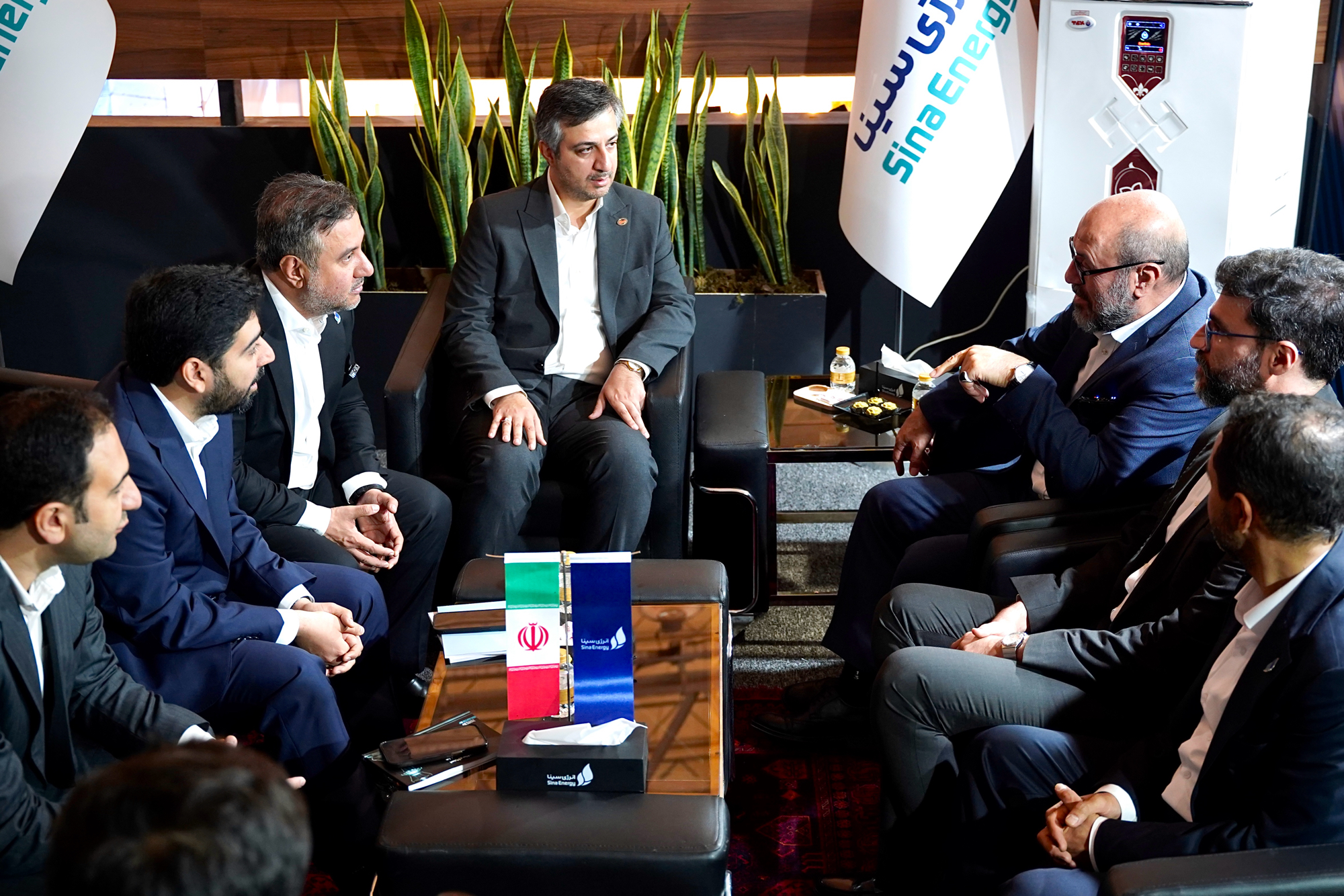
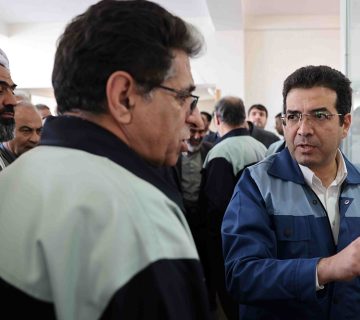
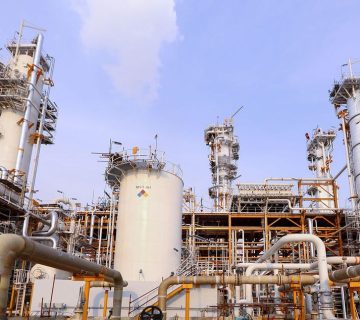
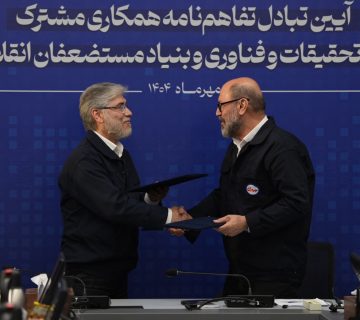
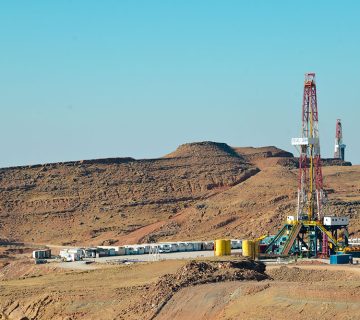
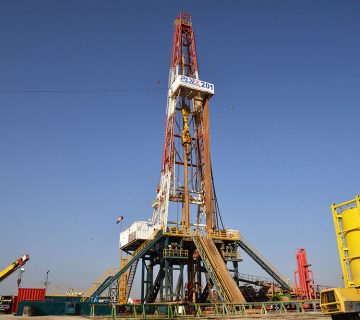
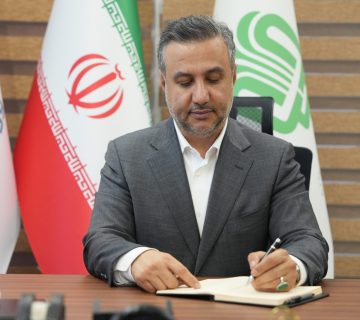
No Comment